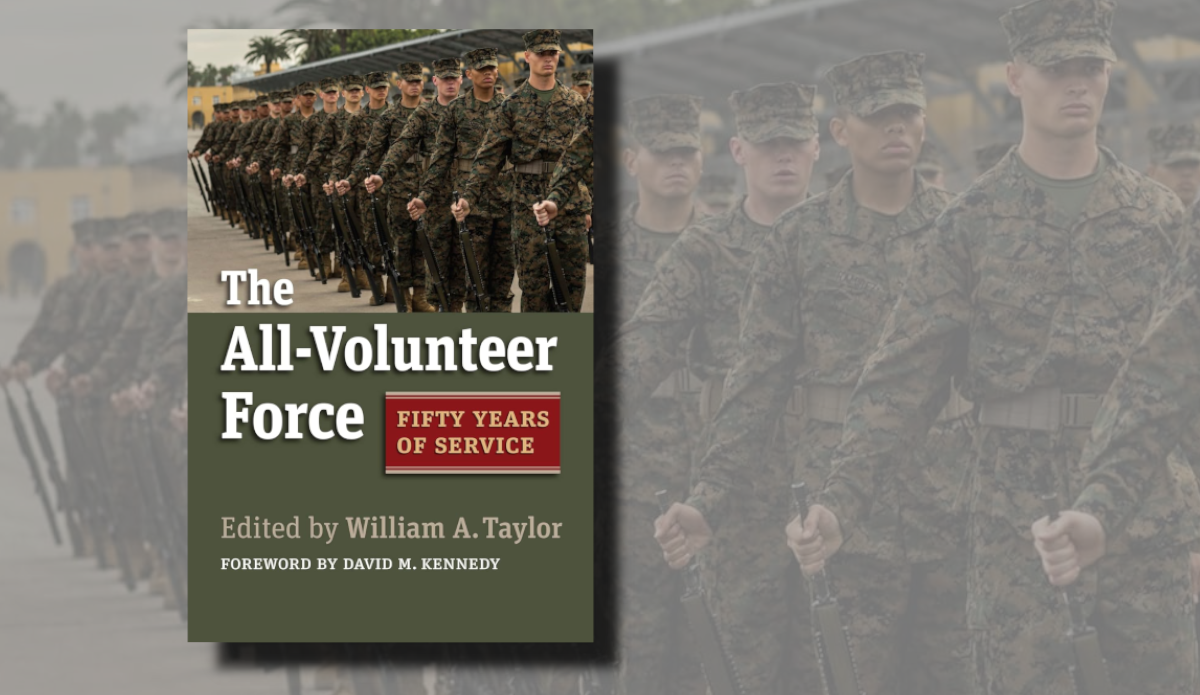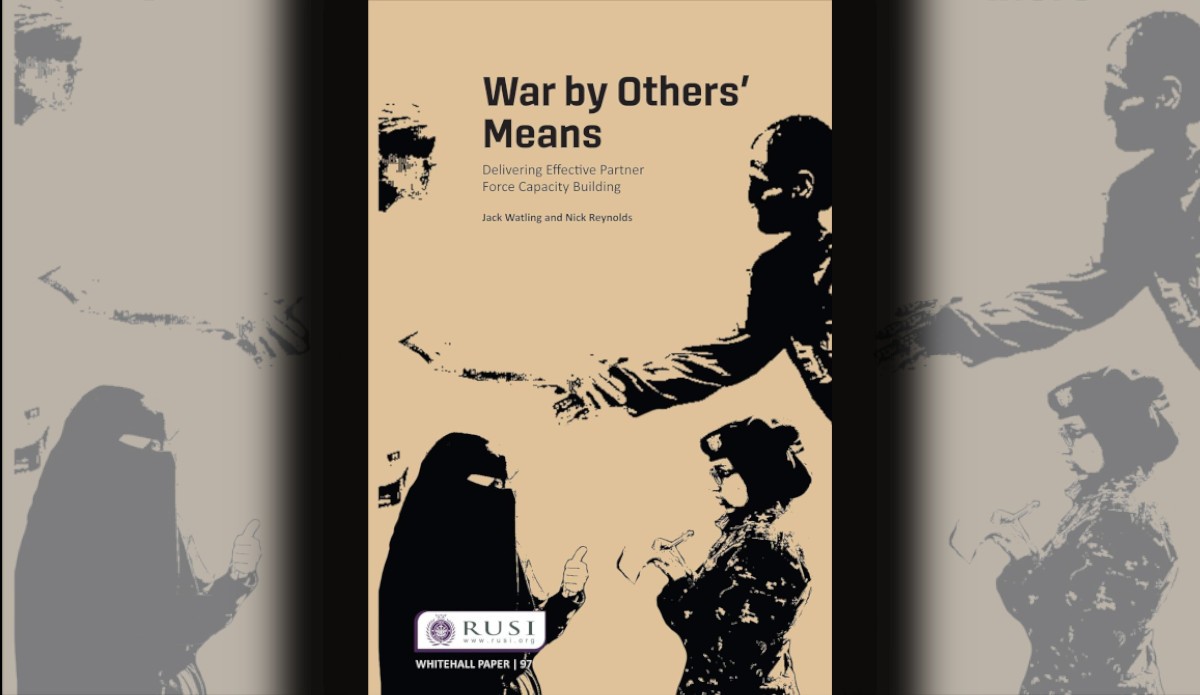Strategy (Spotlight Brief 1/21)
Australian Army Research Centre Spotlight Briefs provide a periodically released curated overview of issues relevant to Australian Landpower. Spotlight Briefs derive solely from available open source material. Inclusion of material in a Spotlight Brief does not imply or reflect Australian Army, Australian Defence Force or Australian Commonwealth Government policy.
The below is a focus on the ‘Strategy’ section of Spotlight Brief 1/21, which can be viewed fully here.
Influencing Adversary States
Source: RAND Corporation – 2020
Deterrence is a key facet of Defence’s response to an increasingly complicated and unstable international environment. This study builds on a similar observation from the US Department of Defence and seeks to inform strategies that can influence threats or potential threats while avoiding opposition aggression or escalation in a crisis. It identifies deterrence is seldom the only answer and posits that a mix of approaches involving a combination of military, political and economic power are essential. Beyond influencing thoughts on how Australia can use Land Power to aid in our crisis response, this report provides historical examples of failures as well as heavy use of the “doctrine of decision-aiding under uncertainty”, a critical skill for commanders at all levels. It offers possible paths for the Army and other Joint Experimentation agencies to explore and tie in with wider Government efforts to develop tangible options and insights.
Further reading:
‘It's time to debate the relevance of deterrence’, The Hill, 10 Feb 21
‘Shaping the America that Australia needs’, The Strategist, 14 Jan 21
‘The importance of European armour’, Stratagem, 28 Nov 20
Understanding the complexity of intelligence problems
Source: Intelligence and National Security – Feb 21
We hear the refrain of the ‘unprecedented complexity’ in contemporary strategic affairs so often that we might not actually think about its practical implications. Intelligence is a vital field of interest to thinking about land power - and one that remains essential to all levels of military operations and the formulation of government policy. In this article, Christiaan Menkveld presents the intuitive statement that the complexity of an intelligence problem determines largely the certainty intelligence services can provide. He argues better understanding of how the level of complexity affects analysis is helpful for both study of analytical methodologies and managing expectations of intelligence clients.
Resistance and Information Warfare in Mosul and Raqqa
Source: https://www.tandfonline.com/doi/full/10.1080/03071847.2020.1855083 The RUSI Journal – Dec 20
The potential of information warfare to transform contemporary conflict is a ‘gold standard’ trope in security studies today. Yet, just like medieval alchemists, a leaden future awaits those who cannot translate or articulate the rhetorical promise into battlefield reality. Usefully, this article draws upon the experiences of an occupied population in two major regional centres that fought back against ISIS and the intense psychological and information warfare inflicted upon captured populations. Low on rhetorical exhortations and high on actual example, this account of the intersection between resistance and information warfare in contemporary conflict provides insight into the reality of counter-ISIS information effects.
Further reading:
‘Islamic State 2.0 and the information war’, The Strategist, 02 Oct 19
‘How Raqqa Became the Capital of ISIS: A Proxy Warfare Case Study’, New America, 25 Jul 19
‘Five Operational Lessons from the Battle for Mosul’, Military Review, Jan 19
War and Peace: Reaffirming the Distinction
Source: Survival – Feb 21
In recent years, Western security scholars have argued that the lines between peace and war are blurring – with ‘hybrid warfare’ and ‘grey zone’ being two of the most common phrases to account for this phenomena. This is not new; the West generally seeks a finer and finer taxonomy in an attempt to understand and respond to conflict. In this article, Chiara Libiseller and Lukas Milevski directly challenge the strategic studies zeitgeist with clarity and insight. It notes ‘…concepts and categories are arbitrary. Reality does not dictate them; they are intellectual constructs of our choice’. From this departure point, the weakness inherent in the proliferation of new conceptions of war and warfare is methodically unpacked through analytical comparison with normative strategic studies theory. Libiseller and Milevski conclude: ‘The claim that concepts such as hybrid warfare or the grey zone better reflect the real world, and therefore provide a stronger basis for policy and strategy in practice than the old distinction between war and peace, does not easily survive scrutiny’.
Further reading:
‘Using Hybrid War Theory to Shape Future U. S. Generational Doctrine’, Small Wars Journal, 03 Feb 21
‘The Importance of Nuance in Strategic Thinking’, The Wavell Room, 10 Nov 20
‘I’m Sorry for Creating the ‘Gerasimov Doctrine’’, Foreign Policy, 05 May 18
‘Confessions of a Hybrid Warfare Skeptic’, Small Wars Journal, 03 Mar 16
Blurred Lines: Gray-Zone Conflict and Hybrid War—Two Failures of American Strategic Thinking
Source: Naval War College Review – Dec 20
Starting with the premise that the most recent U.S. National Security Strategy and National Defense Strategy do not mention either grey zone or hybrid warfare, Donald Stoker and Craig Whiteside argue they should be removed from the strategic lexicon. The article depicts the terms as examples of an American (and by extension the West’s) failure to think clearly about the interconnections between military, political and strategic issues; In turn this has seen the scope of war and military use expanded, hindering strategic analysis and development. Similarly, Stoker and Whiteside indicate such analysis sits on shifting sands – and as such is likely to disappear or need to be remade repeatedly. Like the previous article, there is value in considering the implications if this holds true, because new understandings of the difference between peace and war may lead misunderstanding and inadvertent escalation.
Further reading:
‘Using Hybrid War Theory to Shape Future U. S. Generational Doctrine’, Small Wars Journal, 03 Feb 21
‘The Importance of Nuance in Strategic Thinking’, The Wavell Room, 10 Nov 20
‘I’m Sorry for Creating the ‘Gerasimov Doctrine’’, Foreign Policy, 05 May 18
‘Confessions of a Hybrid Warfare Skeptic’, Small Wars Journal, 03 Mar 16
The views expressed in this article and subsequent comments are those of the author(s) and do not necessarily reflect the official policy or position of the Australian Army, the Department of Defence or the Australian Government.
Using the Contribute page you can either submit an article in response to this or register/login to make comments.



